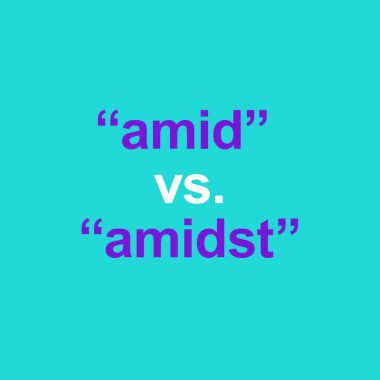What Does “ZIP Code” Stand For?
The busiest time of year for the US Postal Service coincides with the December holiday season, when we’re all busy mailing greetings and gifts alike. But USPS workers are busy year-round: postal employees process a whopping 181.9 million of pieces of first-class mail per day! The 470,000 employees who work for the USPS (including the 7,000 on the Fleet of Feet delivering mail on foot) rely …











